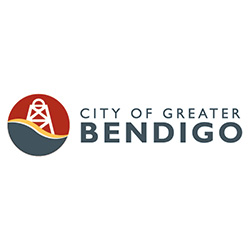Eurobodalla Citizens’ Jury (2016)
Like many local government areas in NSW and across the country, Eurobodalla Shire Council faces the challenge of having significant infrastructure to manage, maintain and renew as well as having an enormous breadth of services to deliver. Coupled with finite income sources; a geographically, socially and economically diverse community; and a level of existing community...Continue reading
City of Greater Bendigo Citizens’ Jury (2016)
The City of Greater Bendigo has a large urban area home to around 85% of the local government area’s population; in turn this is surrounded by an array of rural areas and small towns. In most circumstances this pattern generally leads to a sense that the centre “gets everything” at the expense of the outer areas. We had no...Continue reading
Why not select politicians as randomly as jurists?
From Sydney Morning Herald. April 18, 2016. Legislatures, and the elections that populate them, have so many flaws that we might be better off picking our representatives at random. Before you chuckle, first consider how far we in the US have come since April 1776, when John Adams wrote that a legislature should be “in miniature,...
Luca Belgiorno-Nettis. Democracy flounders in a sea of voter discontent
Since the 1970s, the major political parties have seen their power slip as the ground moves from underneath them. Growing affluence, education/media access and discredited ideologies have helped tipped the balance in favour of the people. Yet the parties still lurch from one election to the next; forever hopeful that, out of the inane contest,...Continue reading
newDemocracy News | February 2016
Deliberative democracy – does it really work? Public decisions that are more representative, less adversarial, based on public judgment not the loudest opinion – these are the fundamental principles espoused by the concept of deliberative democracy. Is there anything not to like about it? The newDemocracy Foundation has run over 12 juries for a range of government...Continue reading
Sydney lockout: A groundswell of opinion isn’t the considered view of the silent majority
Luca Belgiorno-Nettis, Sydney Morning Herald. Comment. 17 February 2016. The silent majority don’t speak unless spoken to, and when they’re “consulted” in polling or focus groups, no real opportunity is afforded for deliberation. They get asked opinions for two minutes, but rarely a considered view after learning more deeply about an issue. In December 2013,...Continue reading


